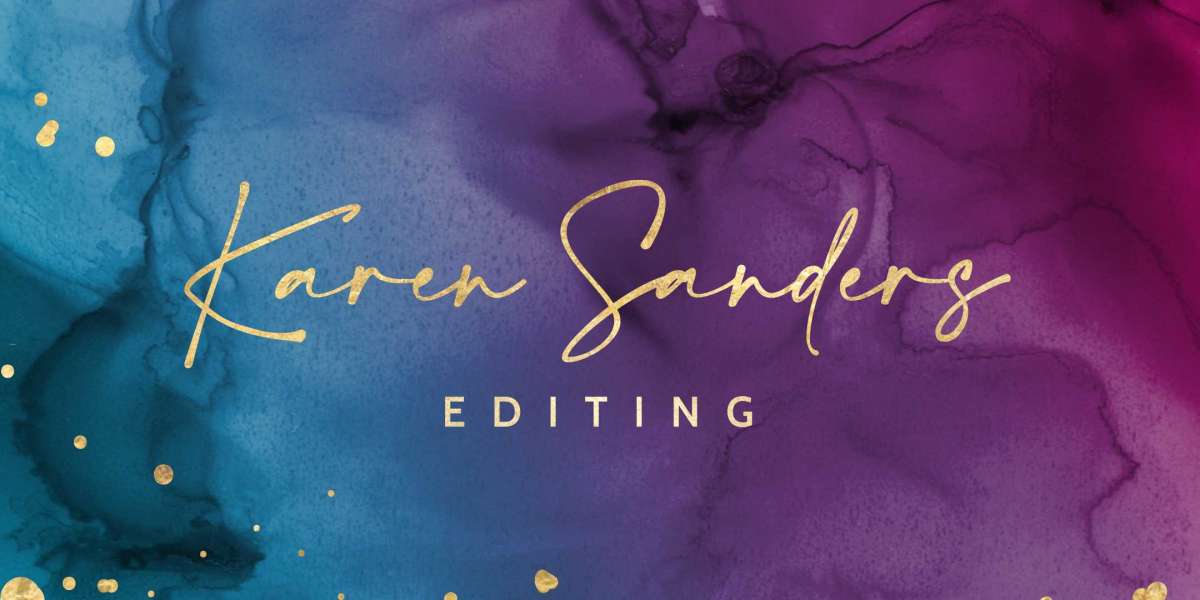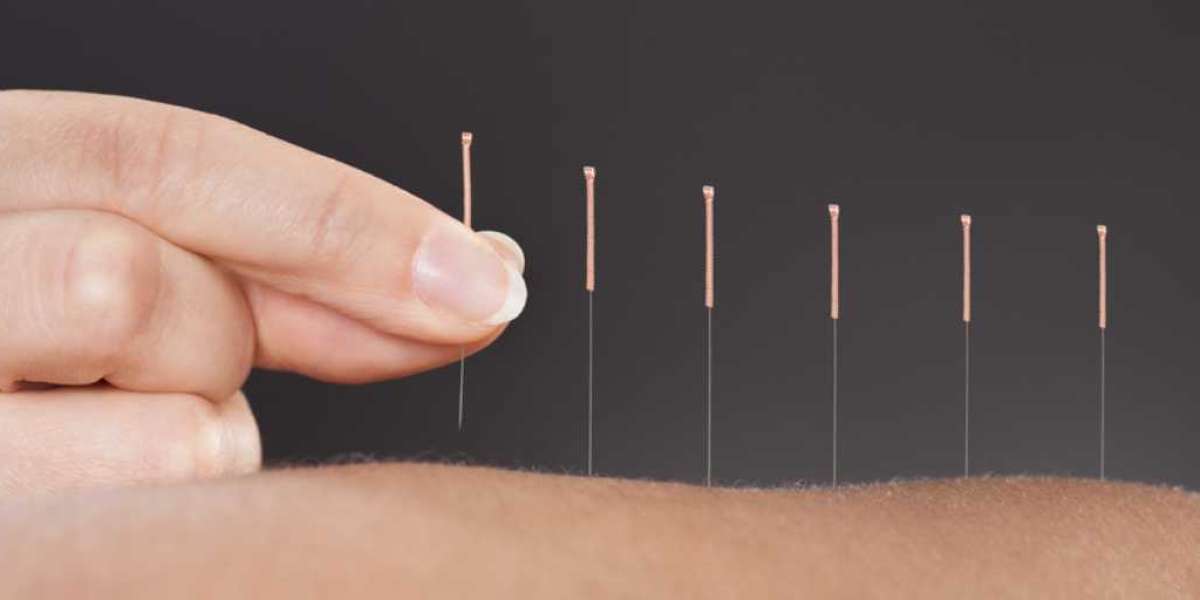Hurrah! You've finally finished that book you've been working on, and that is something to celebrate! However, just because the words have been written, that doesn't mean it's time for an editor just yet. So, how can you tell if your manuscript is at that stage? Here are seven things you need to have done first:
Have you completed several drafts?
The first draft of a book should not be the one you send to your editor. Draft one is for getting the ideas out of your head and onto the page. Not even the most established and exceptional authors would send a first draft for edits (unless specifically asked to). That base you have is there to be expanded on or trimmed down as needed. SO, if the only thing you have is a first draft, hold your horses!
Have you taken some time away from your manuscript?
I get it, you've finished writing and you are excited! However, when you have been working solidly on a project for a long time, you'll need to take a step back. Your brilliant idea is probably still brilliant, but you need to clear your mind from your story for a while. Personally, I recommend a week of not touching it before diving back in for another look. Without that break, you won't be able to see it quite as objectively.
Have you asked for feedback?
Once you've been back through your manuscript and tidied it up a little, the next thing to do is seek feedback from author friends and beta readers. Don't use your non-writer friends, no matter how much they read UNLESS you can guarantee they will be honest with you. Feedback that just comes in the form of "this is really good" is not what you need. You need people who can spot any issues and inconsistencies. This step must come before your book goes to editing unless you have a developmental editor who will spot these things.
Have you ensured you have made the book the best you can?
Before giving your book to a professional editor, it's helpful to self-edit. This means looking for obvious issues such as spelling errors. You don't need to stress over every single thing, but you should check it over and deal with anything you can see. Your editor is there to catch the things you miss, and most editors understand that grammar and spelling isn't everyone's strong point - that is why you should HAVE an editor. All most editors ask is that you do your best before sending your manuscript over.
Are you open to revisions?
Editing is a process. Especially a developmental edit. Are you prepared to do extra work once your editor has done their job? Any good editor will guide you gently through the process of revisions without tearing your work to shreds. However, there WILL always be constructive feedback, and you have to be sure you are ready to address it. It's hard having someone scrutinise your work, but the editor's job is to make your book the strongest it can be, and you have to be willing to accept that will come with a smidgeon of criticism. It is NEVER to be cruel, only to help you. So, before you pop your manuscript to an editor, ensure you are ready to do a little more work to make your book 100% ready to be published.
If you have any questions, you can reach me here
Other blog posts by Karen
Comma Chameleon: Where Does This Pesky Punctuation Belong?
Show Don't Tell: What Does This Mean?








